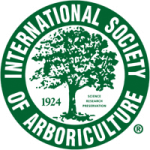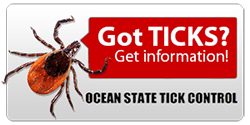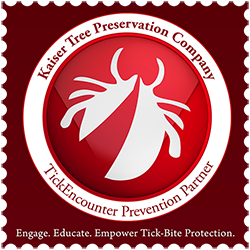Aphids
 There are several types of aphids which affect a wide variety of deciduous trees and shrubs. Damage consists of deformed leaves which are unsightly and defoliation can occur. Control measures are successful, and take place throughout the season.
There are several types of aphids which affect a wide variety of deciduous trees and shrubs. Damage consists of deformed leaves which are unsightly and defoliation can occur. Control measures are successful, and take place throughout the season.
Bagworm
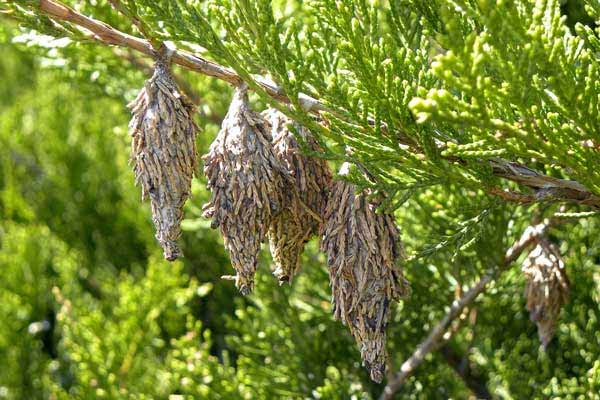
The bagworm is a perennial insect pest of arborvitae, juniper, pine, spruce, and many other evergreen species. It also attacks certain deciduous trees such as black locust, honeylocust, and sycamore.
Bronze Birch Borer
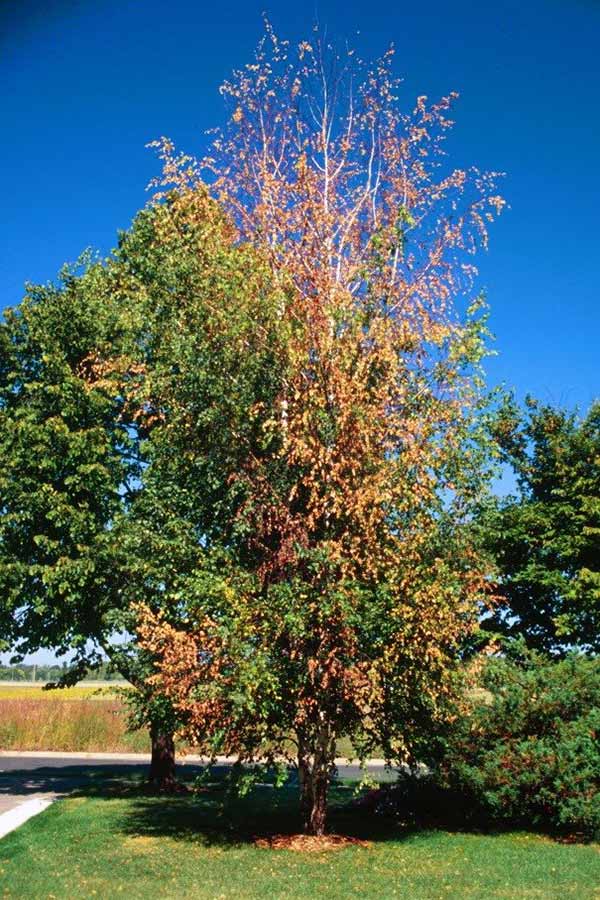
BBB is a boring beetle which affects white birch. This is a very damaging insect which is hard to control, after it has infested a tree. Control is most effective when done as a preventative measure, annually.
Emerald Ash Borer
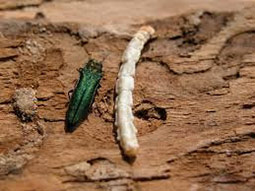 The Emerald Ash Borer has killed hundreds of millions of ash trees in North America. While adult beetles nibble on ash foliage, this causes little damage. It’s the larvae of these beetles that do the most damage by feeding on the inner bark of ash trees, which disrupts the tree’s ability to transport water and nutrients, ultimately killing it.
The Emerald Ash Borer has killed hundreds of millions of ash trees in North America. While adult beetles nibble on ash foliage, this causes little damage. It’s the larvae of these beetles that do the most damage by feeding on the inner bark of ash trees, which disrupts the tree’s ability to transport water and nutrients, ultimately killing it.
Gypsy Moth
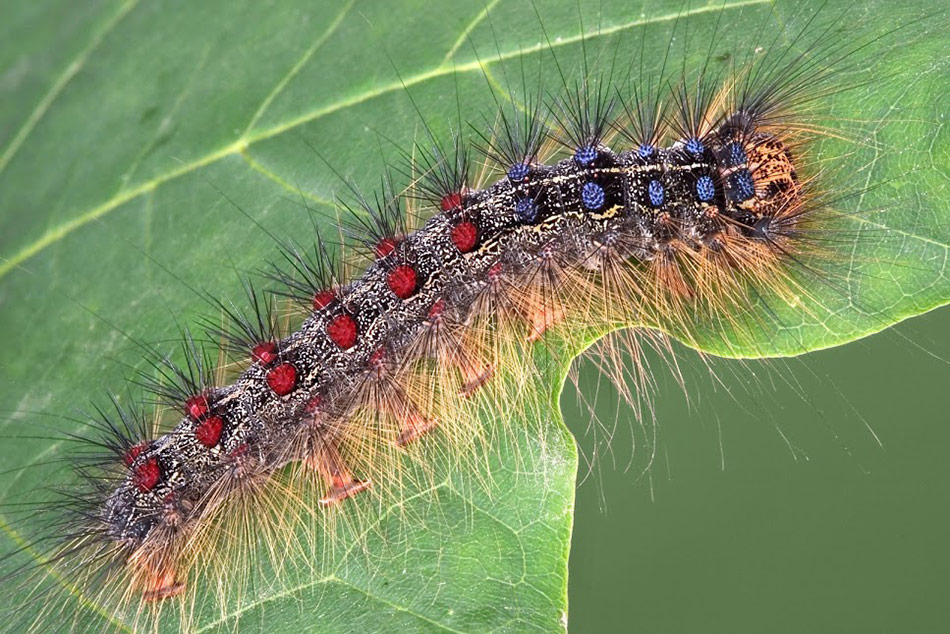
Gypsy Moth caterpillars are generally known as ‘exfoliator’ pests in that they strip trees and plant of their leaves. Gypsy Moth typically prefer to feed on hardwood trees and with repeated defoliation, the effects of leaf loss can ultimately kill a tree.
Hemlock Scale
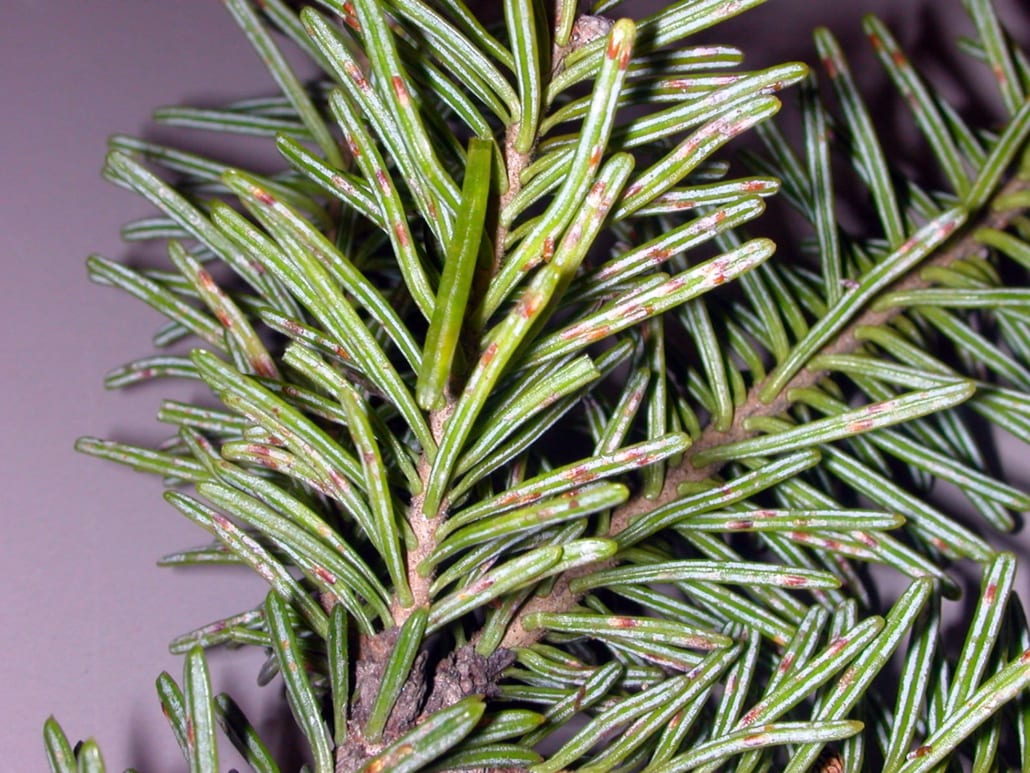
Affects hemlock, fir, and certain spruces, causing yellowing needles which will eventually drop if tree is not treated. Control measures are successful, and can take place in the spring or fall.
Hemlock Wooly Adelgid
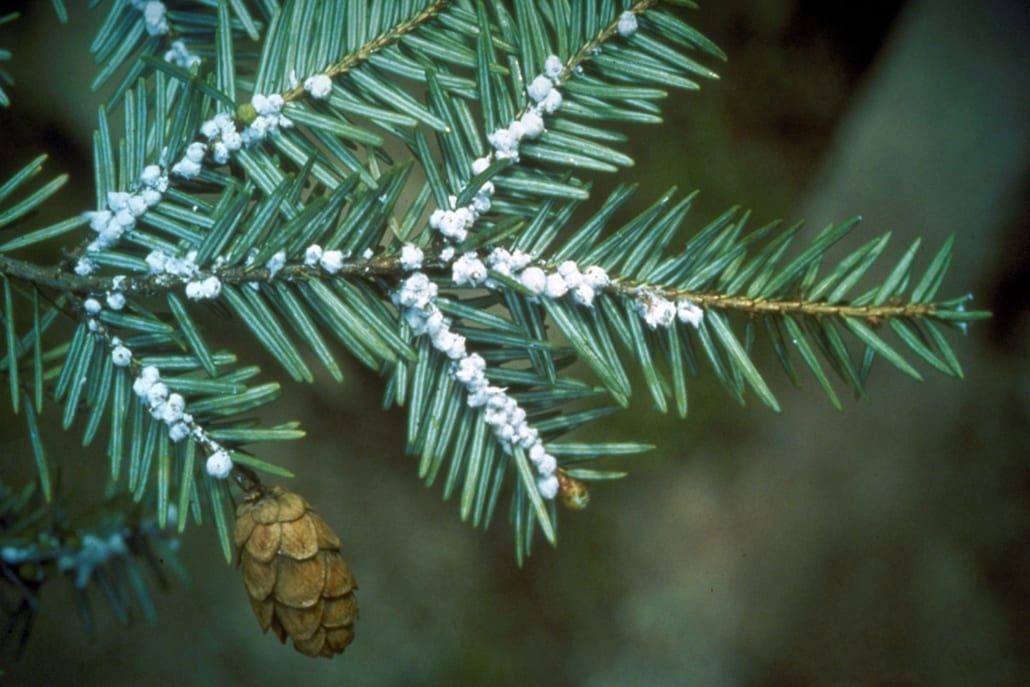
Affects hemlock, fir, and certain spruces, causing yellowing needles which will eventually drop if tree is not treated. Control measures are successful, and can take place in the spring or fall.
Japanese Beetle
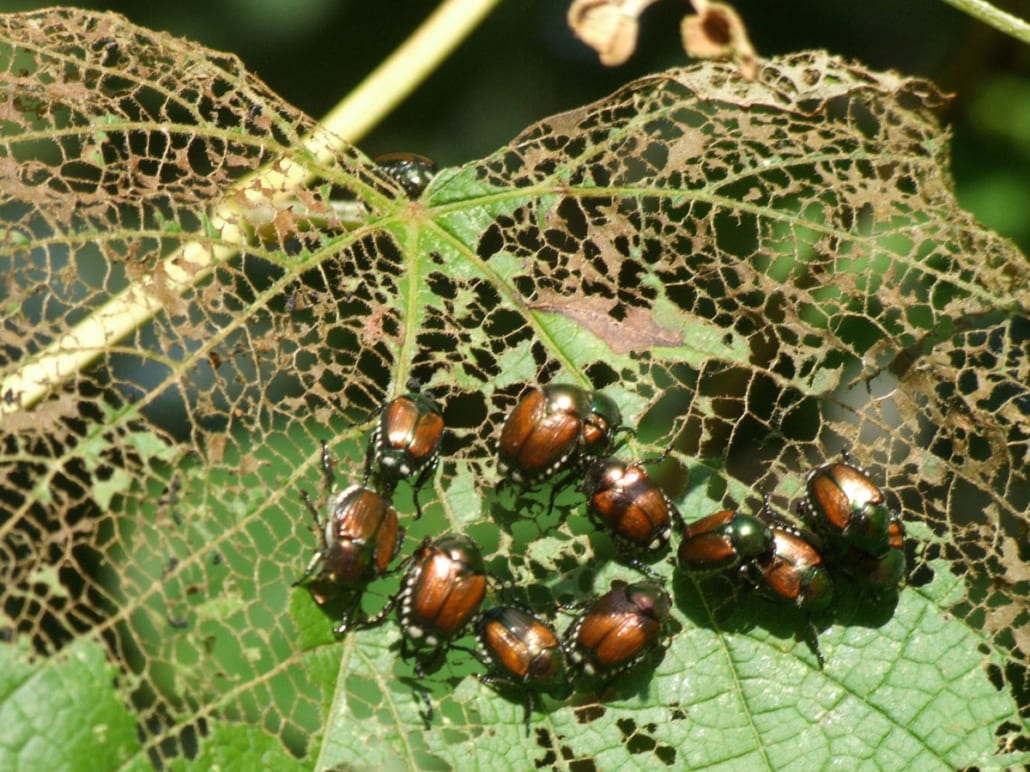
Affects hemlock, fir, and certain spruces, causing yellowing needles which will eventually drop if tree is not treated. Control measures are successful, and can take place in the spring or fall.
Lace Bug
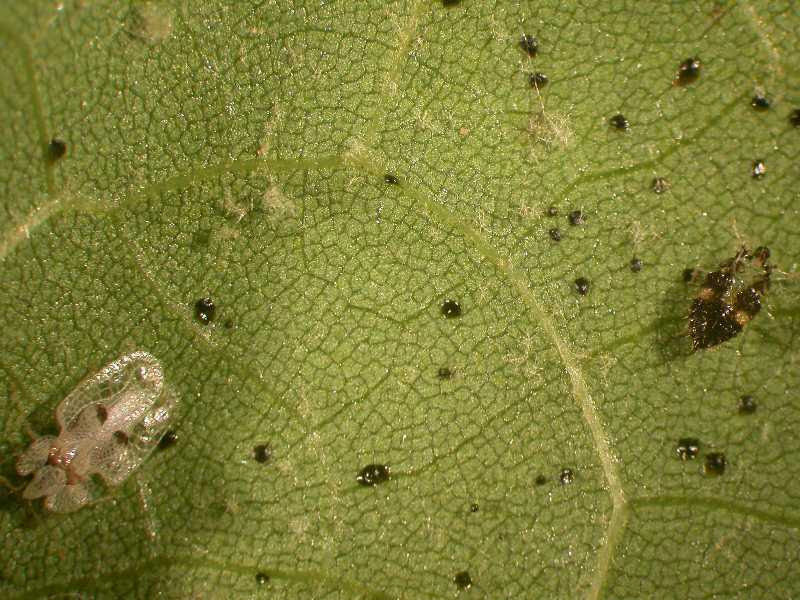
Lace bugs typically target ornamental, evergreen and deciduous trees and shrubs. Lace Bugs often go undetected until the infested plants show severe damage.
Lanternfly
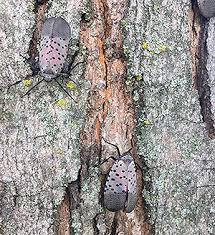 Lanternflies are an invasive species that originate from China, Vietnam and parts of India. The Lanternfly uses its specialized mouth parts to penetrate a plant’s exterior to suck out the sap inside, badly weakening the plant and leaving them vulnerable to harsher winter conditions.
Lanternflies are an invasive species that originate from China, Vietnam and parts of India. The Lanternfly uses its specialized mouth parts to penetrate a plant’s exterior to suck out the sap inside, badly weakening the plant and leaving them vulnerable to harsher winter conditions.
Mites
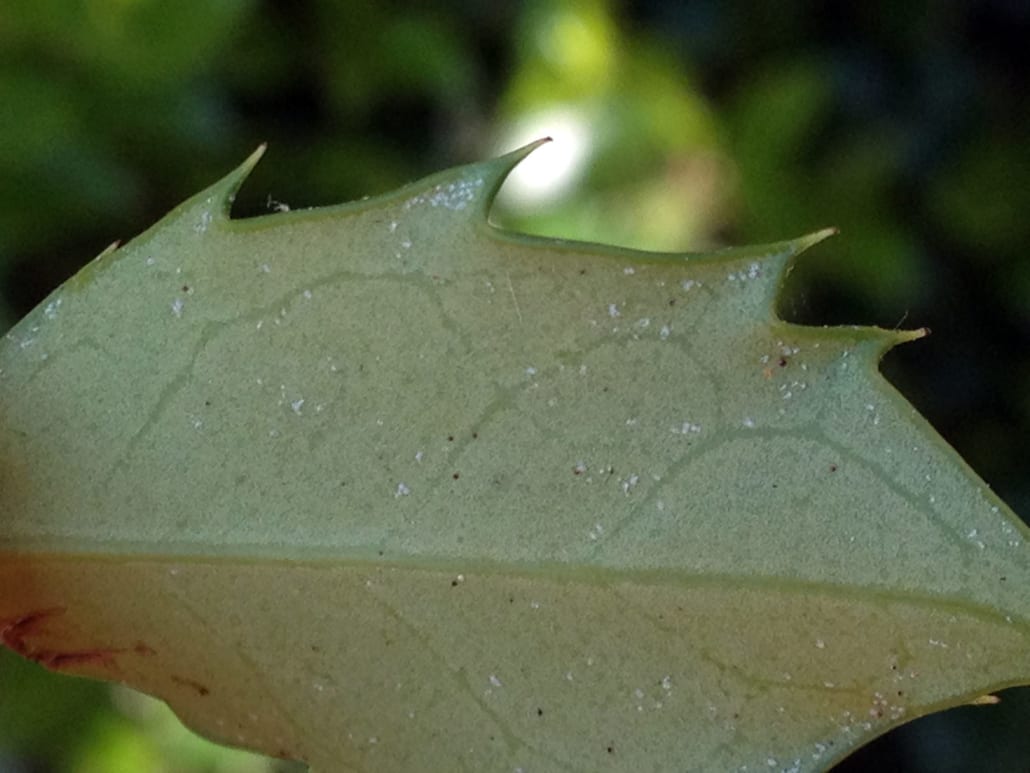
There are several types of mites and spider mites which affect a wide variety of trees and shrubs. Mites can affect some deciduous trees such as honey locust, and can also commonly affect spruce, fir, hemlock, and arborvitae. Control measures can be successful when timing is proper, and a specialized product is used.
Prunicola Scale
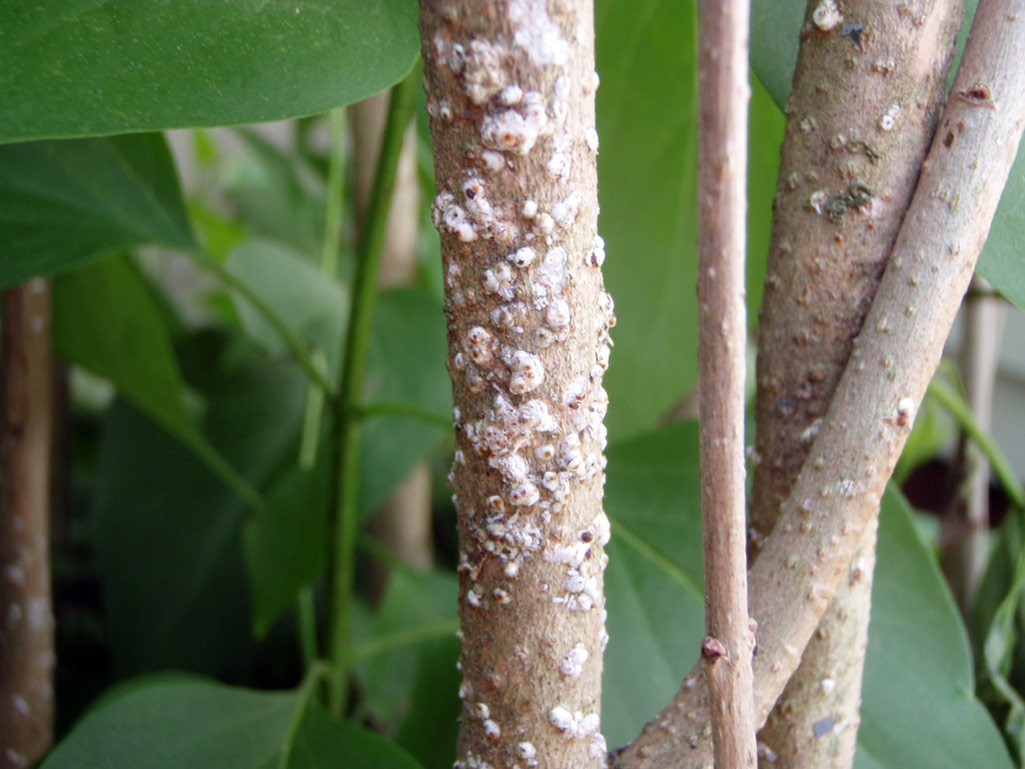
This sucking insect commonly affects Cherry, Lilac, Privet, Willow, and other flowering ornamentals. It causes foliage on branch ends to weaken and ultimately whole branches die. Control measures are successful and generally consist of two well-timed applications, one in the early spring and one during the growing season.
Taxus Scale
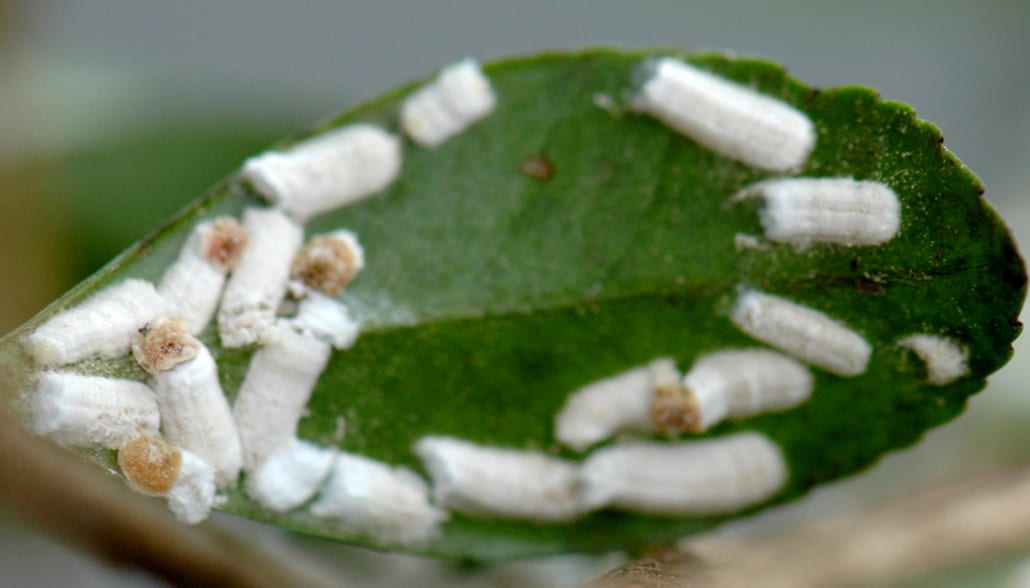
This white, soft, cottony mass will commonly affect yew, holly, and other evergreen shrubs. It reduces the vitality of the shrub, and it produces a black material called sooty mold, which can be seen plainly on the foliage. Control measures are successful, when timed in the spring and summer.
Thrips
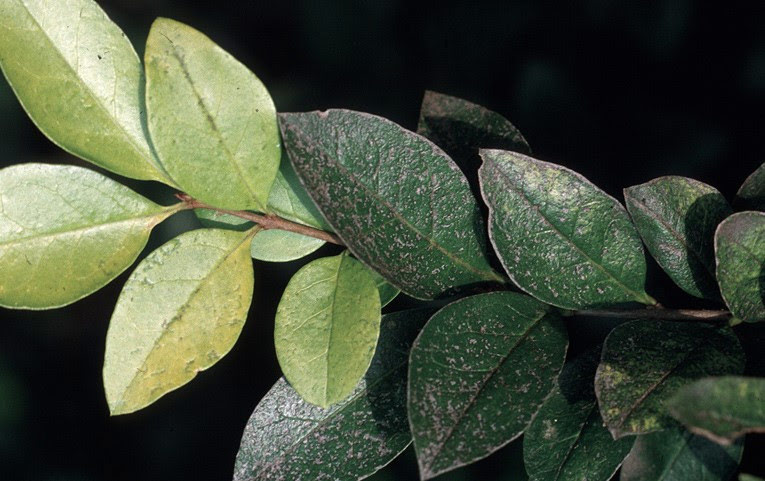
Thrips feed by puncturing the outer layer of host tissue and sucking out the cell contents, resulting in stippling, discolored flecking, or silvering of the leaf surface.
Winter Moth Caterpillar
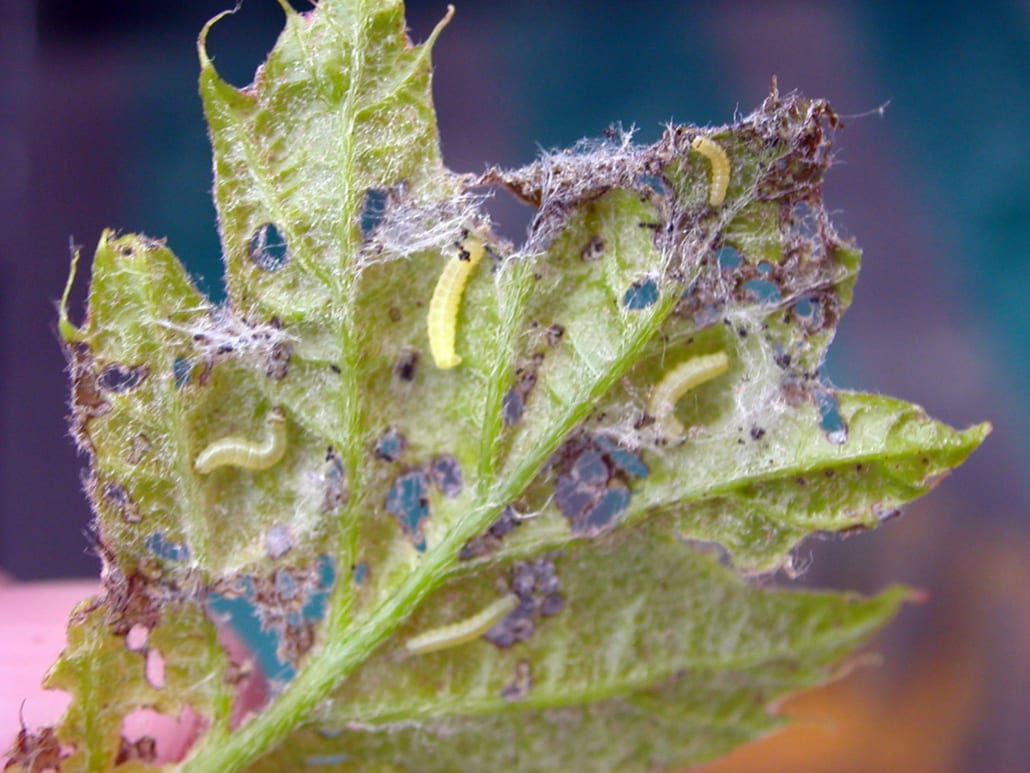
Affects a wide variety of deciduous trees and shrubs, causing damage or defoliation to leaves soon after buds open in early spring. Control measures are successful when done at the proper time, immediately following budbreak. Trees which suffer multiple years of winter moth caterpillar defoliation will go into decline.



